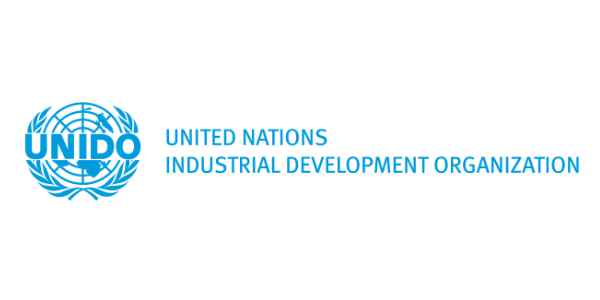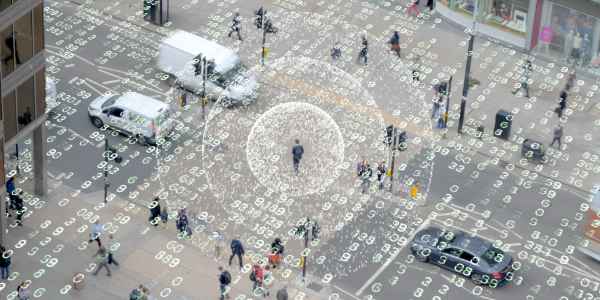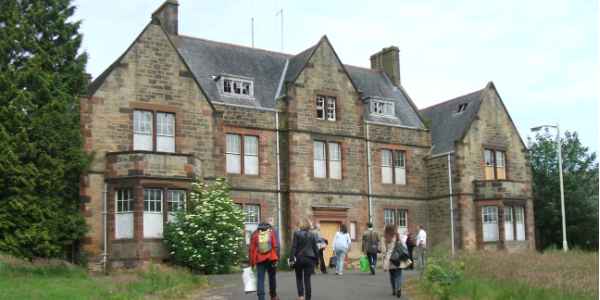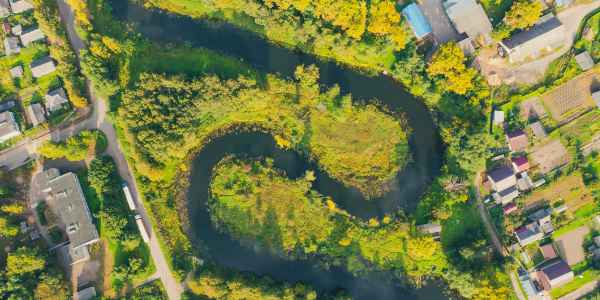The Institute for Future Cities works to improve the quality of life of citizens by making cities healthier, more sustainable, and more resilient.
We conduct leading research and drive innovation to help reduce economic inequalities in cities, produce sustainable and resilient urban systems, improve wellbeing and health of citizens, and encourage citizen participation.
Working with commercial, civic and academic partners across the world, we help them to understand better the challenges faced by cities as places to live and work, and to help unlock the potential of these cities to provide innovative ways of enhancing the quality of life of their citizens.
Together we seek to help tackle the major economic, environmental and social challenges faced by cities through collaboration and co-design, working with academics, commercial partners, civic leadership, voluntary sector and citizens.














_600x300px.jpg)

